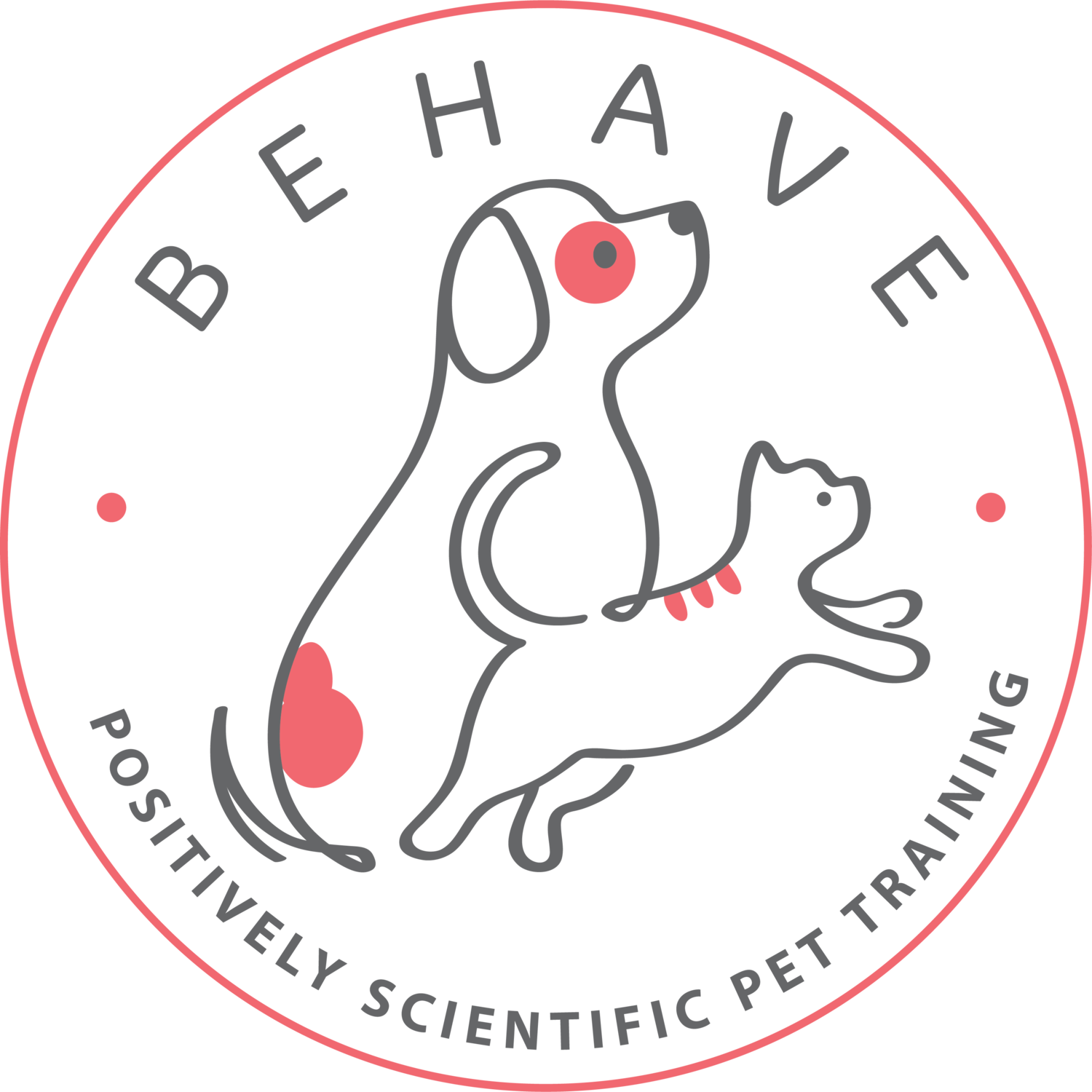This myth came from a group of people that do not want to feed their dog to train them. However, expecting your dog to work for free insults their intelligence. Do you work for free? No. Even kids doing homework get rewarded for doing it – a good grade = a present from their parents, extra TV time, getting to play with friends, etc.. We all get dessert for eating our dinner, right? Using food in training is a reward for your dog choosing to do the right thing, and rewarded behavior is repeated behavior. Using food to train can be a great way to create new behaviors and better habits.
Training Myth #4: Positive Reinforcement Training Is Only for Small, Nice, “Easy” Dogs, Not Large, Fearful, Aggressive Or “Difficult Dogs”
Actually, it’s those difficult dogs that need positive training the most! Treating aggression with aggression will just create more aggression or fear. Positive training is the best method for all dogs.
Training Myth #3: My Dog Is Just Stubborn and Refuses to Learn
Just like guilt, stubbornness is a human trait we like to give dogs, especially if it seems like they are purposely not listening to us. However, it has been shown that almost always, there is a reason your dog is not listening to you – fear, anxiety, pain (maybe their hips hurt so lying down in uncomfortable), doesn’t understand what you are asking, etc.
Training Myth #2: Dogs Respond to Strong “Pack leaders” so you must display dominance
Once one of the most popular methods of dog training, the dominance or alpha method has, in the last decade, been proven by behaviorists to be unnecessary and, in some cases, detrimental to effectively training a dog. While some trainers still advocate for dominance and aversive training, including, for example, the use of choke or prong collars, punishment, and “alpha rolls” where a dog is aggressively rolled onto their back and held in place until they show submissive behavior, these methods are no longer recommended by the scientific and behavioral communities. Instead of thinking of training in terms of dominating control over your dog by becoming the “alpha dog” in the relationship, pet parents will have better, longer term success training with kindness and and respect. By developing a trusting relationship and teaching desired behaviors, your dog will naturally do as they’ve been taught, not out of fear of being punished, but because they are confident and have learned that appropriate behavior is rewarding for them.
Training Myth #1: YOU MUST BE THE "ALPHA"
This myth came about because dogs are distantly related to wolves and so someone decided they must act like wolves, too. However, there are two things wrong with this! One, dogs are not wolves and two, the original study that started this myth has been debunked by scientists as not the way wolves act in nature. (The original study was based on captive, un-related wolves, which would not occur in nature.) If you’d like to read more about this, check out the American Veterinary Society of Animal Behavior’s position statement on Dominance Theory.





